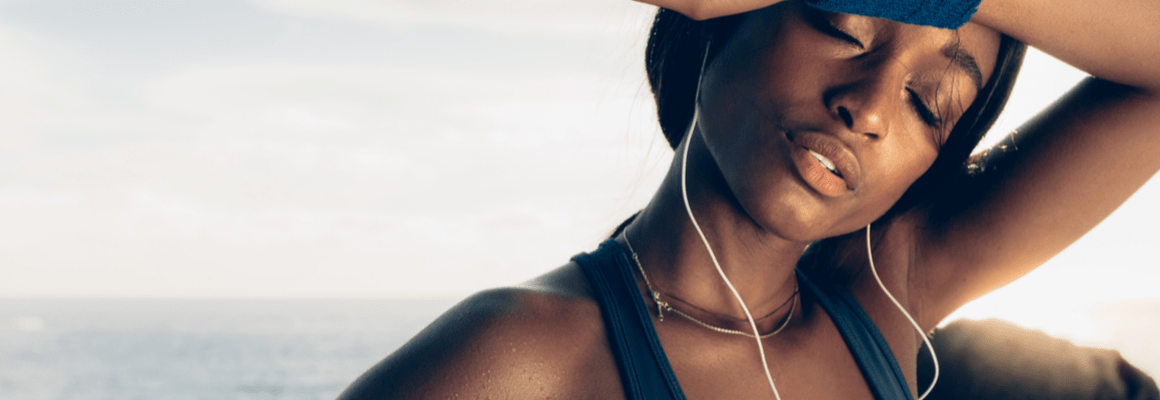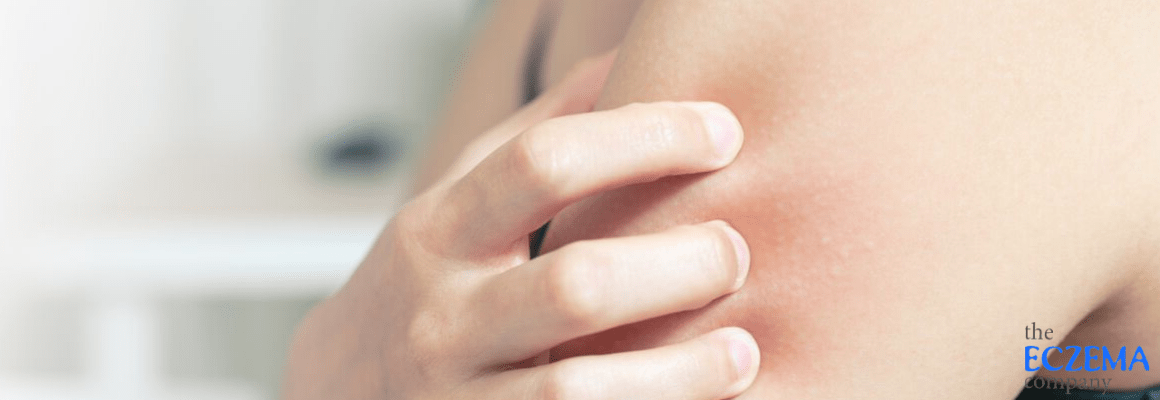Dandruff is a common skin condition where white flakes of skin appear on the scalp. Often, it is accompanied by itching. While it isn’t contagious, it can be a source of discomfort and embarrassment to people who suffer from it. Thankfully, help is readily available.
Read on to discover the causes and symptoms of dandruff, as well as natural dandruff remedies to get your itchy scalp healthy again.
Please keep in mind that although these tips and information have worked for several sufferers, we are in no way medical professionals. If you’re experiencing severe symptoms or have a topical infection, it is always best to seek medical advice immediately.
What Causes Dandruff?
A flaky scalp could be the result of several factors. Common causes include:
Sensitivity to Hair Care Products: An allergic reaction or sensitivity to certain shampoos or conditioners can irritate the scalp, causing itching and scaling
Dry Skin: Those with dry skin are more likely to have dandruff - which is why cold weather conditions also worsen dandruff symptoms. The flakes associated with dry skin tend to be smaller and less oily. Itchiness can be relieved by restoring moisture to the scalp.
Stress: Stress is linked to many skin problems, including dandruff.
Certain Illnesses: Those suffering from a compromised immune system or living with Parkinson’s disease or HIV are at higher risk of dandruff.
Improper Diet: Not eating enough foods that contain vitamin B, zinc, and certain types of fat can lead to dandruff.
Age/Gender: Dandruff symptoms may appear around puberty, suggesting that it is related to hormones. It also tends to develop in more men than women
Existing Skin Conditions: Those with psoriasis, eczema cream users, and other skin disorders are at a higher risk for dandruff than others. Tinea Capitis, a fungal scalp infection also called scalp ringworm, can also cause dandruff
Dandruff is in no way related to poor hygiene. That being said, washing and brushing your hair regularly can help remove old skin flakes, making it less visible.
Dandruff vs Seborrheic Dermatitis
Let’s take a closer look at dandruff and seborrheic dermatitis, as they are often confused for each other. While they share many similar features and respond to similar treatments, they differ in their location.
Dandruff develops exclusively on the scalp whereas seborrheic dermatitis can affect the backs of the ears, eyebrows, upper chest, and the sides of the nose, as well as the scalp. Both cause scaling skin and itchiness. The flaky skin associated with dandruff and seborrheic dermatitis is typically a white or grey colour and may be oily or dry.
If you suffer from seborrheic dermatitis, you are more likely to get dandruff due to the fact that the overgrowth of yeast on the skin causes the scalp and other areas of the body to become itchy, scaly, and red.
Symptoms of Dandruff
The main signs of dandruff are an itchy scalp and skin flakes on your scalp, hair, and shoulders. The symptoms may flare during fall and winter when the air is cold and dry and may also worsen if you are stressed.
In newborns and young infants, yellow, greasy, and scaly patches may appear on the scalp. This is known as cradle cap. Similar to how eczema cream for babies helps with infant skin conditions, gentle care is essential. Typically, it will appear within the first two months of birth and last for a few weeks. Should there be any signs of bleeding, skin cracking, or infection, see a doctor immediately.
Is your little one suffering from a dry, itchy scalp? Check out our post on How to Treat Infant Seborrheic Dermatitis and Cradle Cap.
Natural Remedies for Dandruff
As mentioned earlier, dandruff can be a cause of embarrassment and insecurity for many people. However, certain shampoos and skin soothing sprays combined with some lifestyle changes, can drastically reduce your symptoms.
Here are some of our 5 natural remedies for dandruff to help you combat the flakes and itchiness:
Try Different Hair/Skin Products
If you're experiencing dandruff, itchiness, or greasy, waxy buildup on your scalp, you may be using the wrong products. Just as choosing the right detergent for sensitive skin matters for your clothes, selecting appropriate hair care products is crucial.
Keep an eye out for products that contain coconut, olive oil, and aloe vera as these ingredients are helpful in reducing scalp inflammation and itchiness. For example, this Organic Aloe Vera Skin Soothing Spray offers refreshing relief for itchy skin anywhere on the body. In fact, its non-greasy formula is excellent for use on the scalp!
Although this Emily Skin Soother is an eczema soap, it can also be used as a gentle shampoo for dandruff and cradle cap. The same can be said for this 20% Pine Tar Soap. Known to be antibacterial and anti-inflammatory, pine tar has long been used as a natural remedy for treating skin conditions.
If you prefer liquid form soap, try this super-fatted liquid soap by Emily Skin Soothers. It provides a silky bathing experience for adults and babies alike without stripping the skin of its natural, protective oils.
Stop Scratching
No matter how badly you want to relieve your itchy scalp by scratching, it’s important to resist. Scratching will only increase irritation, leading to a vicious itch-scratch cycle.
Manage Stress
As stress can trigger dandruff, it’s important to take time to relax.
Do your scalp a favor and practice yoga or meditation, go for a walk, or take time to reflect in a journal. Remember, you mental health is just as important as your physical health.
Elimination Diet
If you've tried the above remedies with no success, then we suggest taking a deeper look into what you're putting in your body. Many dandruff sufferers have found relief from their itchy, flaky scalps by changing what they eat.
An elimination diet can be a great tool in discovering what foods are causing your dandruff or seborrheic dermatitis. Check out our blog posts on elimination diets to get started today.



